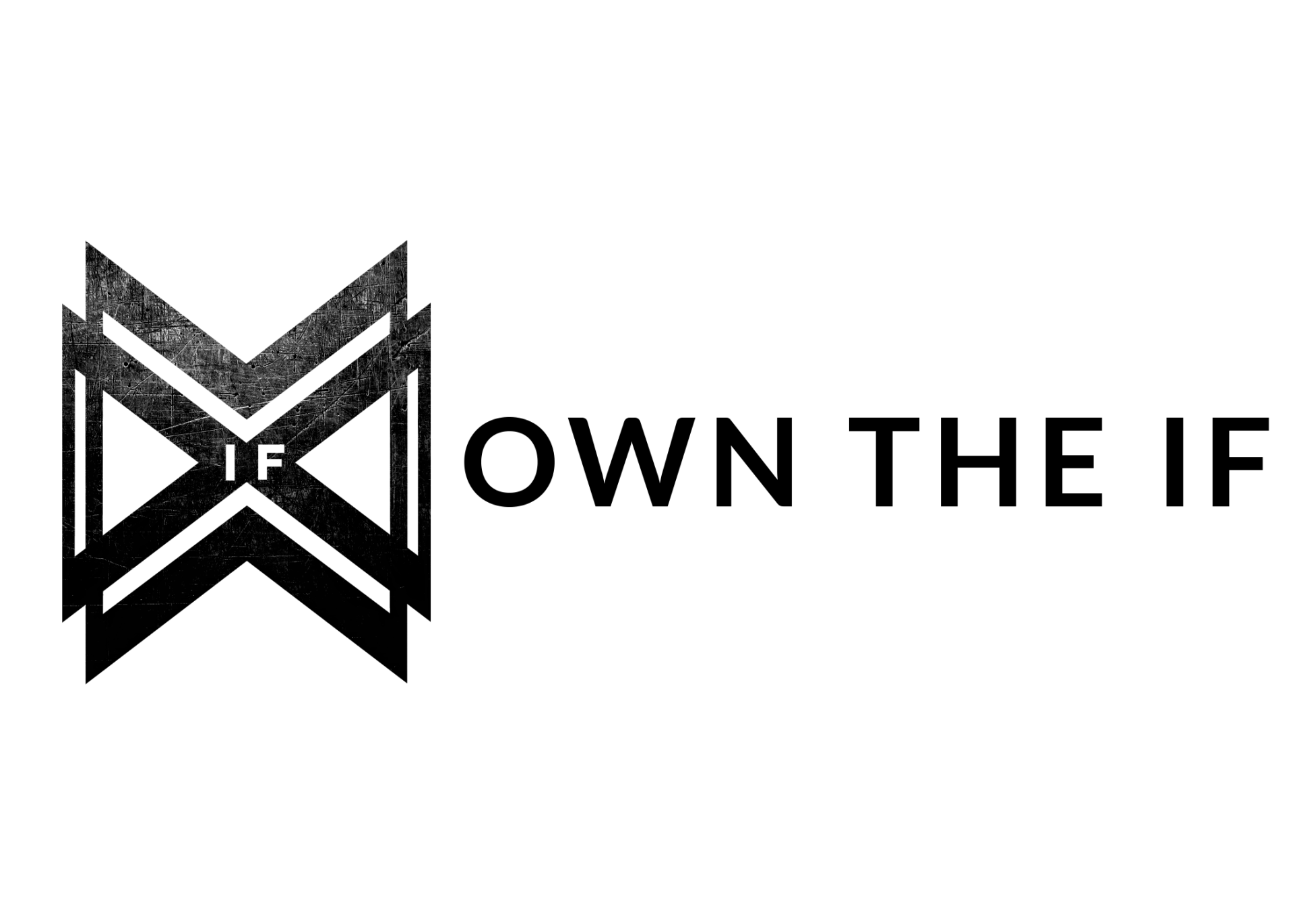Ever notice how you just feel a little lighter after a laugh with certain friends or a great conversation with a loved one? Those kinds of positive social interactions can directly boost your mindset and your mental and emotional well-being.
But here’s a less obvious connection: Strong social connections might help people eat better, too. That’s because loneliness is often a driver of emotional eating. Having adequate social support lowers stress and may reduce the incidences of angry-chip-eating or sobbing-into-a-pint-of-ice-cream. (I have been guilty of both)
But get this: Even when people know that connection with others is good for their health, they might still be reluctant to actually pick up the phone. So, why is it so hard for us to reach out?
A University of Chicago study pointed to an interesting answer: We undervalue how much people care about staying connected with us.
When we consider reaching out to someone, we’re likely to have thoughts like, “She’s probably busy with her own life. I don’t want to bother her.” Or, “I only have time for a five-minute conversation and that’s not really enough time to catch up.” Sound familiar?
But here’s the tragic irony: Most people are craving connection. They feel delighted and heartened when someone calls or texts to check up on them, or chooses to confide in them. Yet, many of us feel like no one cares to hear from us, which can lead us to turn to the dopamine hit from cookies instead of a trusted friend.
Why bring up this interesting study? Challenges with food and fitness aren’t always about food and fitness.
What looks like a food issue (overeating) might actually be a social issue (if overeating is triggered by loneliness and isolation). Additionally, that social issue might not be caused by a lack of connections per se, but by inaccurate assumptions.
Let’s face it—we're all emotional eaters at some point. Stress, boredom, loneliness, happiness—our emotions can drive us to eat, often mindlessly, seeking comfort or distraction. If you struggle with emotional eating, dig a little deeper. What else in your life gives you comfort and support—aside from food? If your social plate is a little empty, consider taking the initiative to grow your relationships.
You could even make a list of little social tasks to do whenever you get the urge to eat for comfort or distraction, for example:
- Text a friend
- Schedule a walking date with a buddy
- Hop on FaceTime for a chat
- Go old school and write a loved one a note
Give it a try, and just see what happens. Your connection with someone just might make you feel satisfied in a way food hasn't.
Bringing It Home:
It’s easy to make excuses for not reaching out, but remember this—every time you do reach out, you’re not just benefiting yourself, you’re likely brightening someone else’s day, too. Don’t let misplaced assumptions about being a bother keep you from nurturing the connections that can truly improve your overall health.


